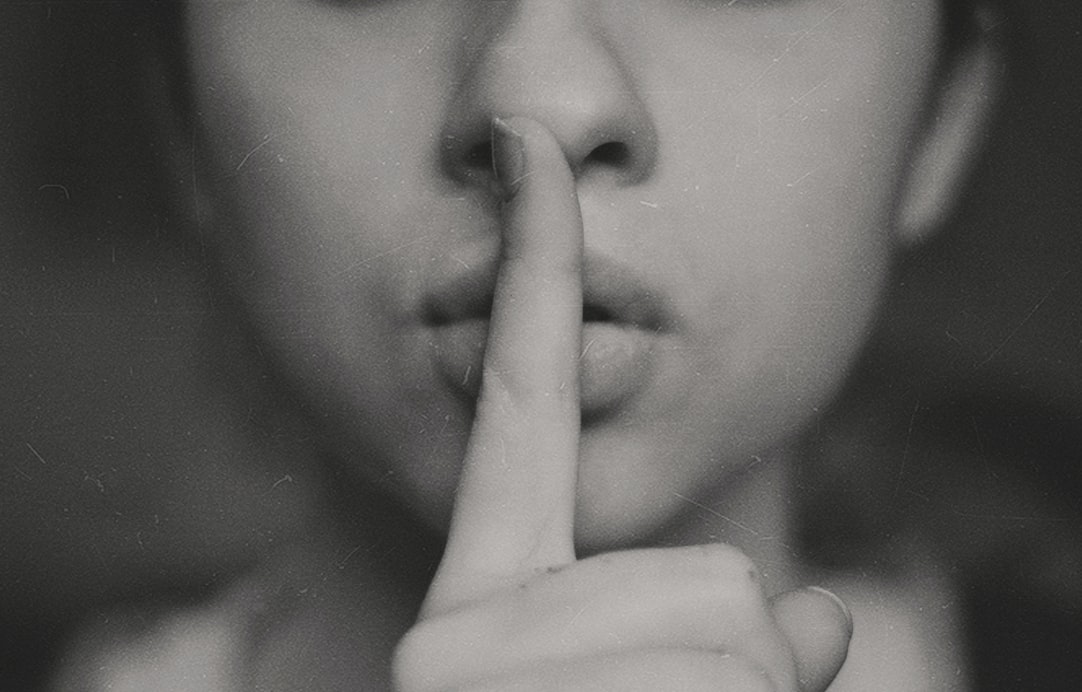Why Can’t Extras Talk to Actors on Set?
The Unspoken Rule
(By Javier Guerra)
 (Photo: Kristina Flour/Unsplash)
(Photo: Kristina Flour/Unsplash)
Film and television sets are bustling hubs of creativity, with actors, directors, crew members, and extras all working in unison to bring a story to life. While the environment can be exciting, there’s a peculiar dynamic that often leaves extras wondering: why can’t they talk to the actors?
1. Maintaining Focus:
One of the primary reasons behind the rule of not allowing extras to talk to actors is to maintain a focused and professional atmosphere on set. Filmmaking is a collaborative effort that requires intense concentration, especially during scenes where actors are delivering lines or emoting. Unnecessary conversations, even if well-intentioned, can disrupt this concentration and hinder the overall quality of the production.
2. Preserving Character Authenticity:
Actors often immerse themselves in their roles to portray characters convincingly. Any distraction, including casual conversations with extras, can disrupt this immersion. To preserve the authenticity of the characters they portray, actors may choose to limit interactions to those essential for the scene.
3. Time Constraints:
Film and television productions adhere to tight schedules, and every minute on set is precious. Limiting interactions between extras and actors helps ensure that the production stays on track and that actors can efficiently use their time for preparation and performance. Socializing can be reserved for designated breaks to avoid delays.
4. Director’s Vision:
Directors have a specific vision for each scene, and they rely on actors to bring that vision to life. Limiting interactions between actors and extras allows directors to maintain control over the atmosphere and mood on set, ensuring that the scene unfolds according to their creative vision.
5. Professional Boundaries:
Maintaining a level of professionalism on set is crucial. Actors are there to perform a job, and any interaction with extras could potentially blur professional boundaries. To avoid any misunderstandings or disruptions, it is common practice for extras to refrain from engaging actors in casual conversations.
6. Respect for the Creative Process:
The filmmaking process is intricate, and actors often go through various mental and emotional preparations before scenes. Respecting the creative process involves allowing actors the space and focus they need to deliver their best performances. Limiting interactions with extras contributes to creating a conducive environment for this process.
While the rule of not allowing extras to talk to actors may seem restrictive, it serves a greater purpose in maintaining a professional, focused, and efficient working environment on a film or television set. The collaborative nature of filmmaking requires everyone to play their part, respecting the creative process and contributing to the successful realization of the director’s vision. Ultimately, adhering to these unspoken rules helps ensure that the final product meets the high standards expected in the world of entertainment.



